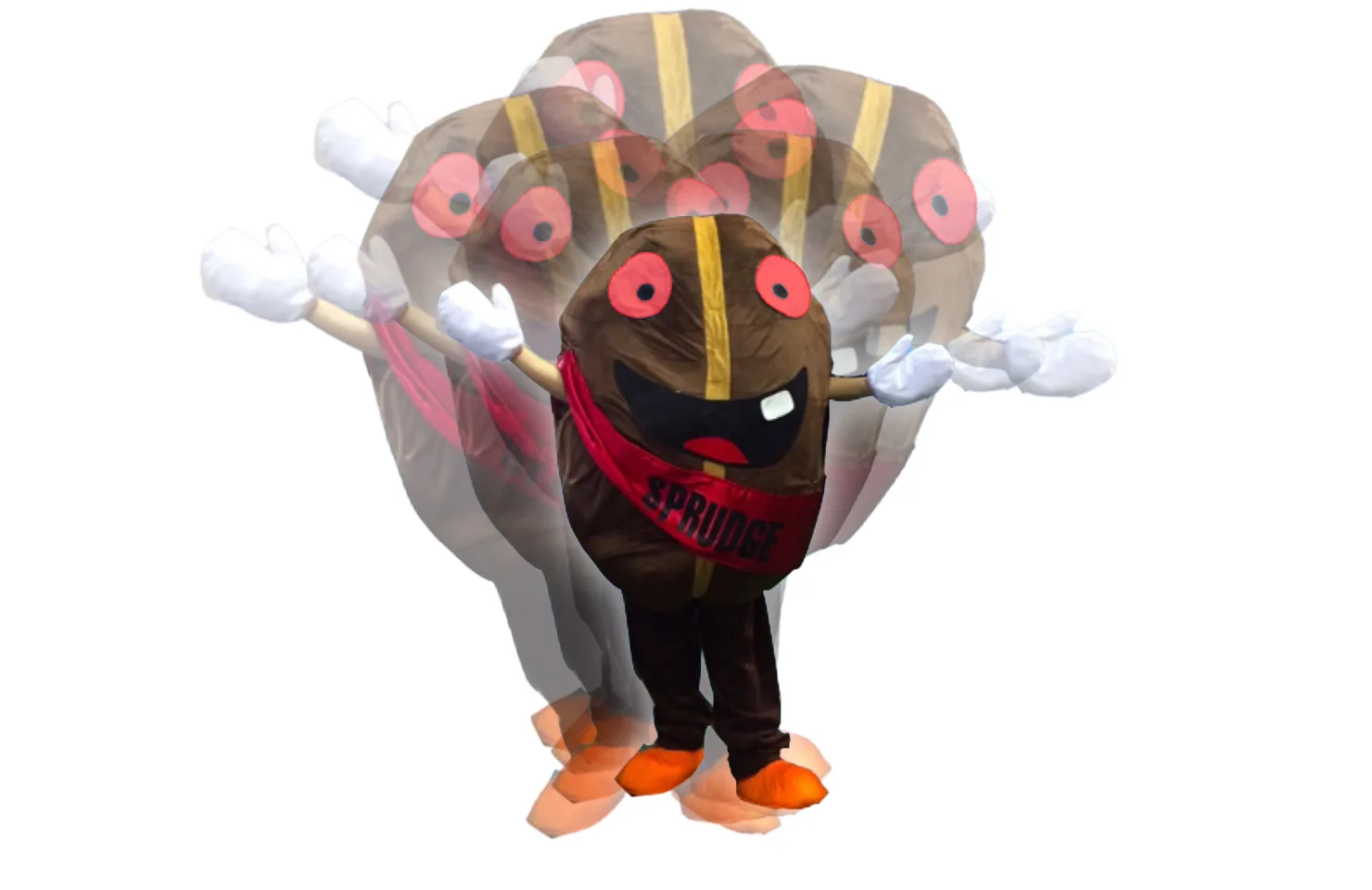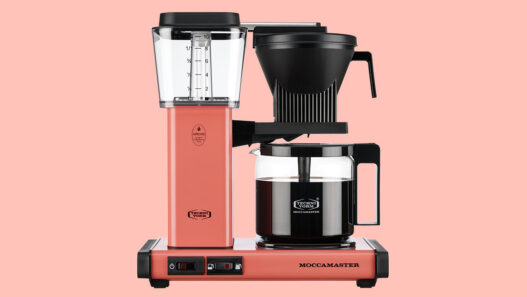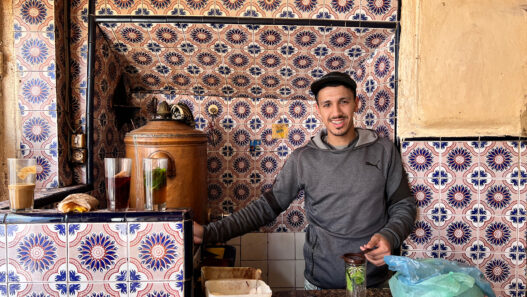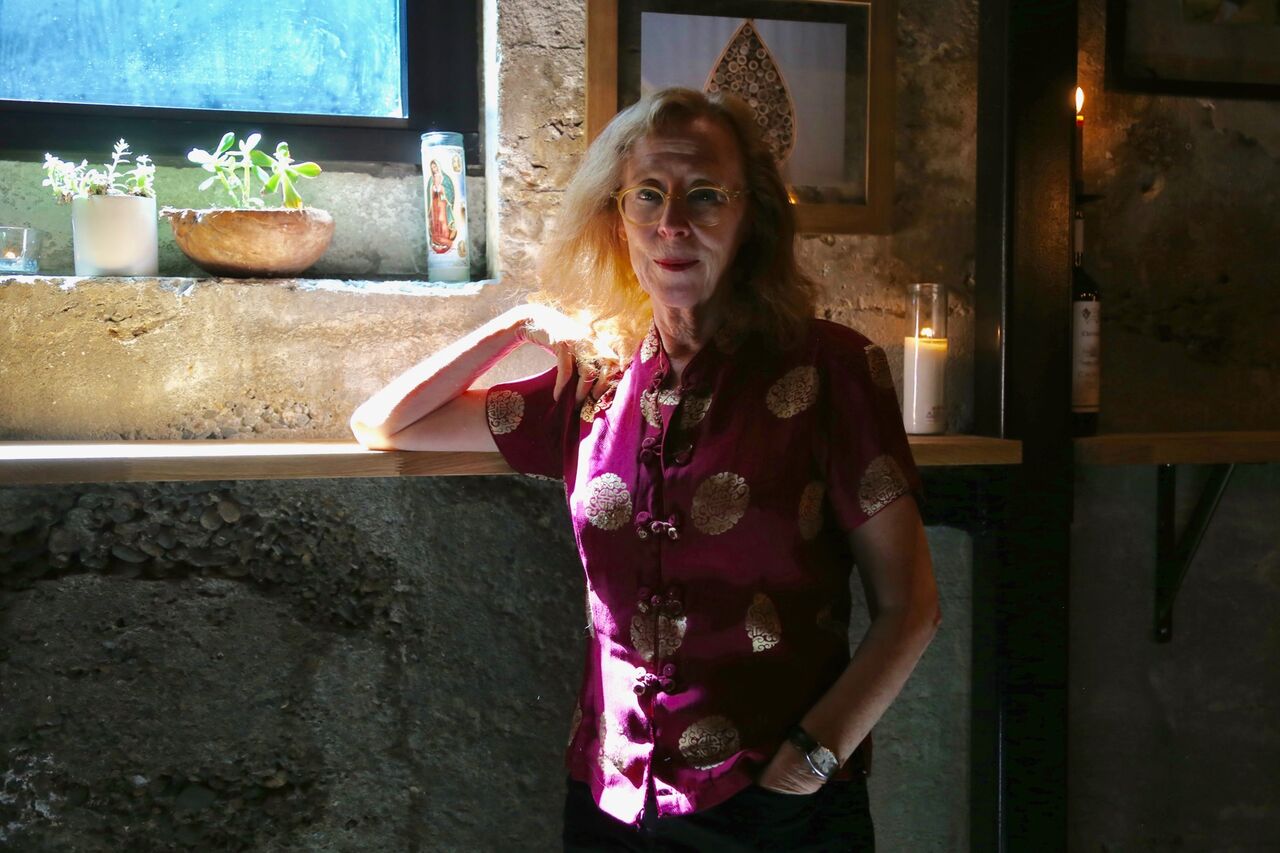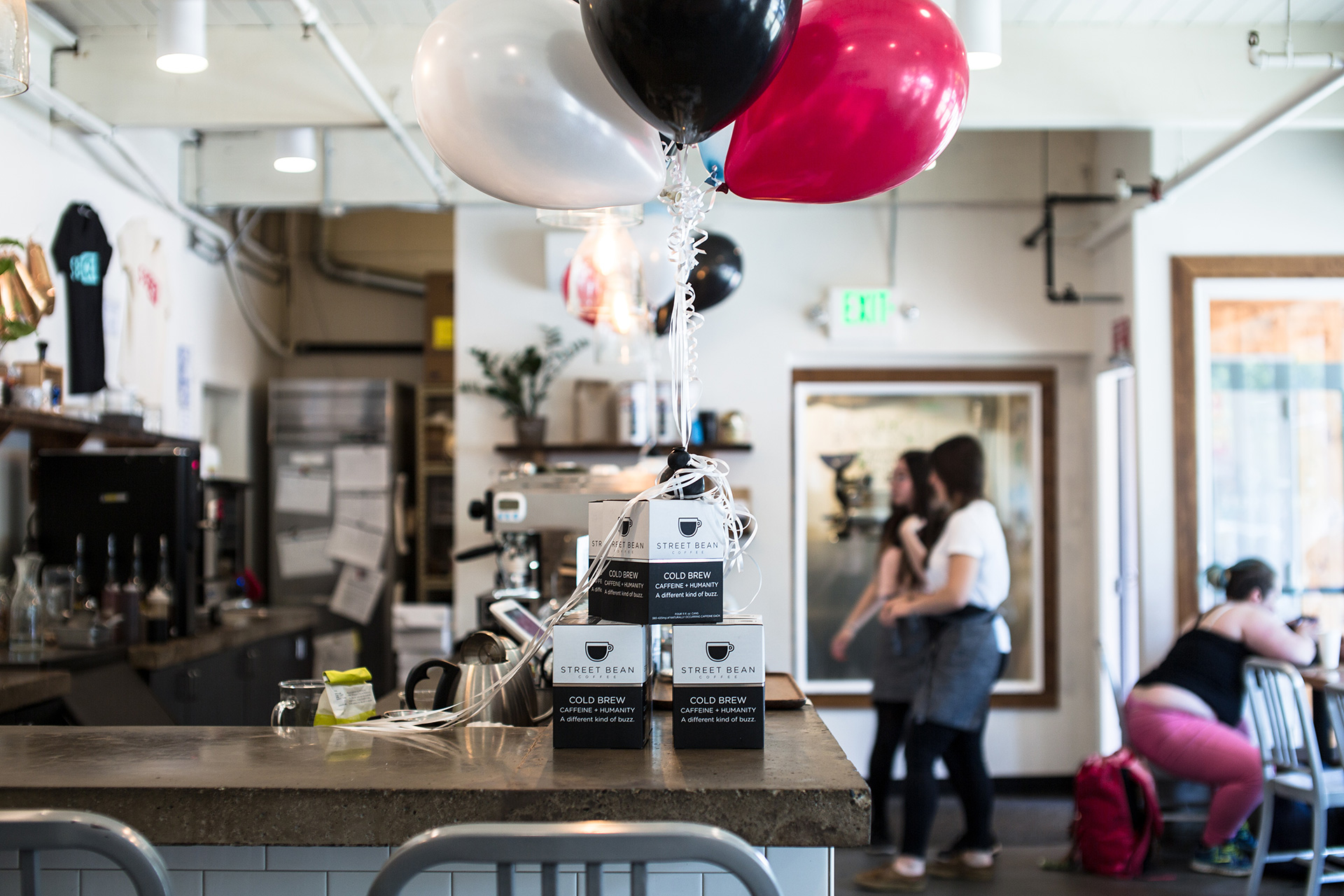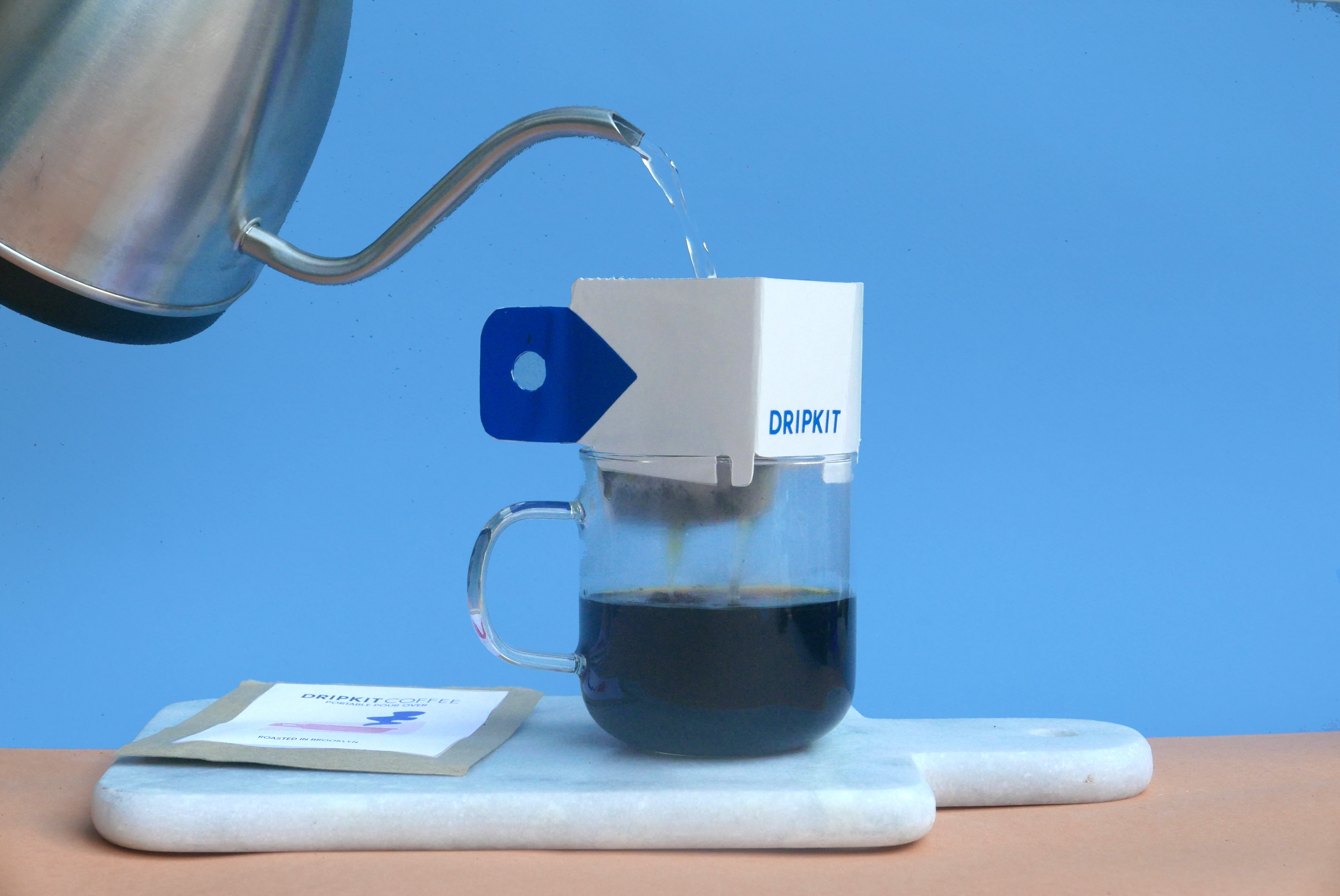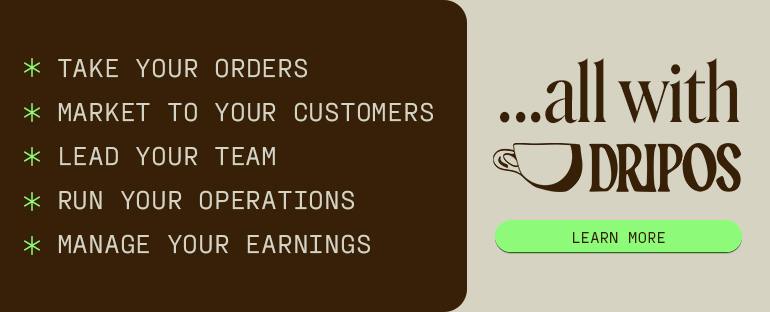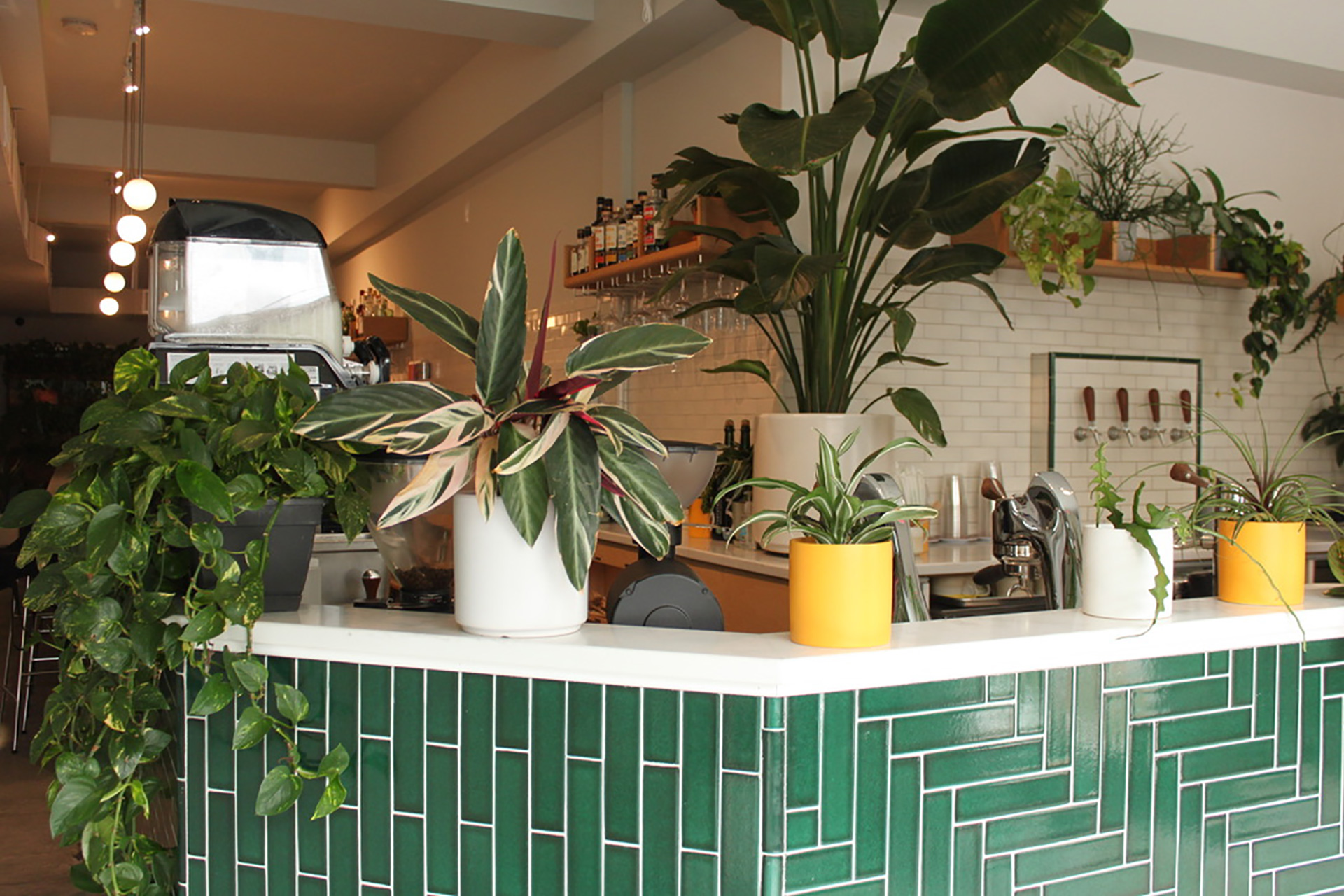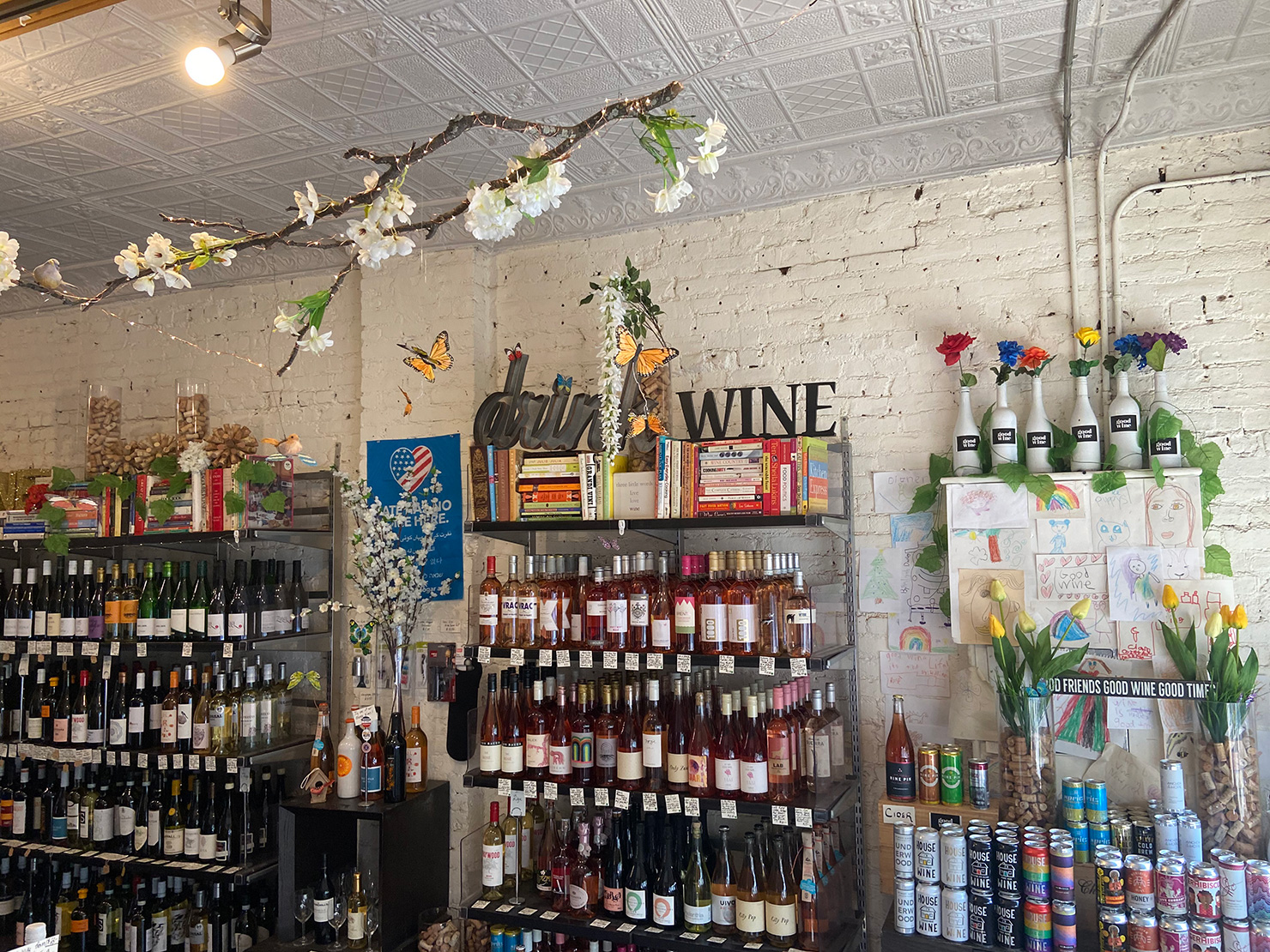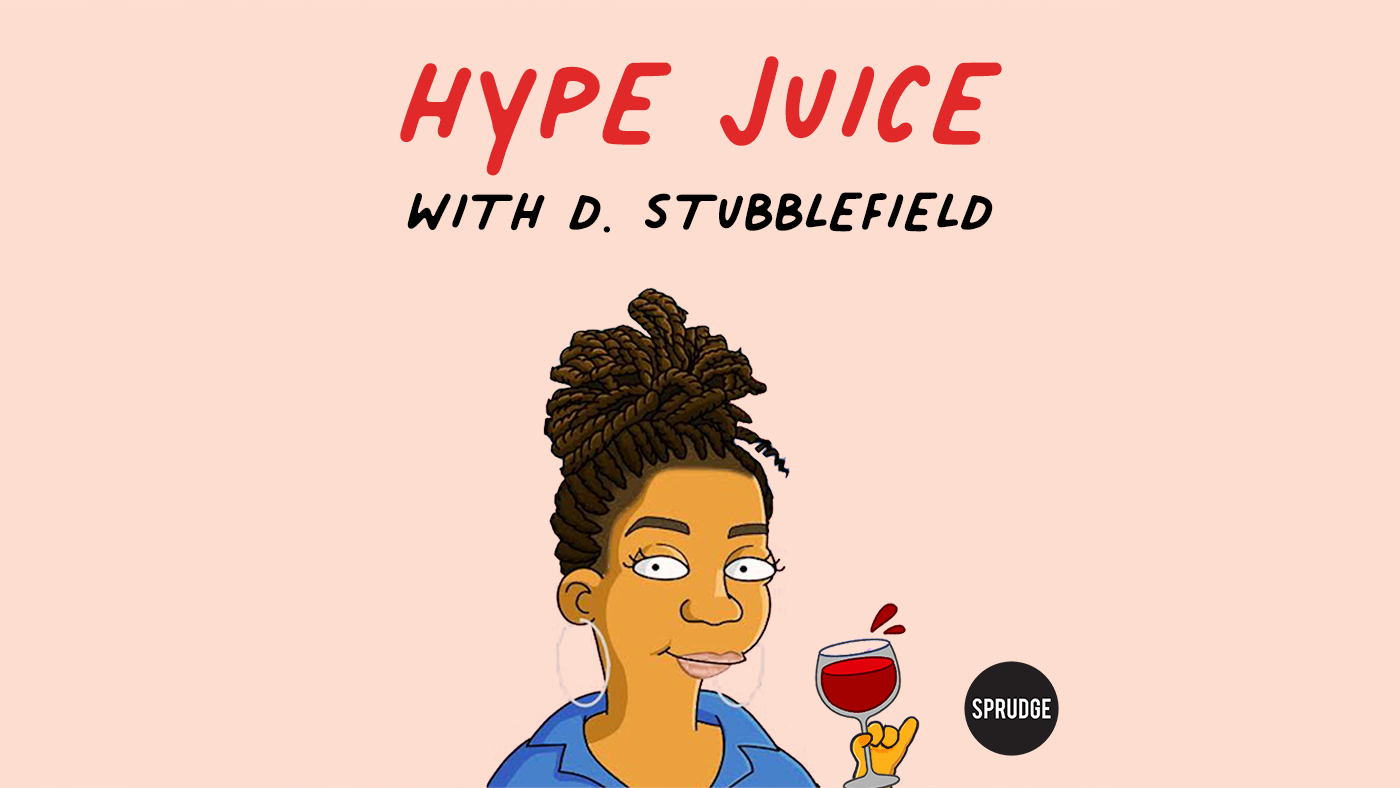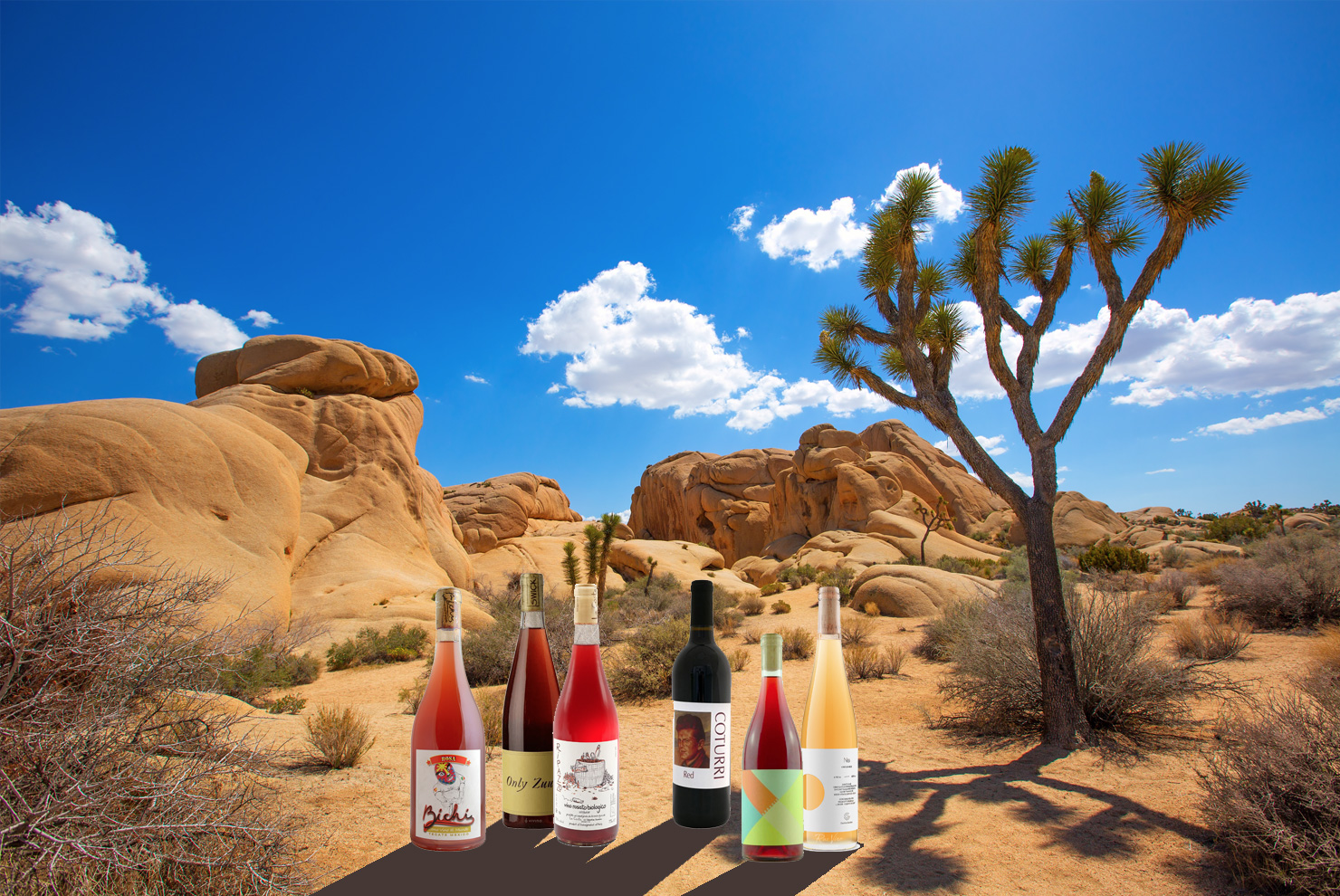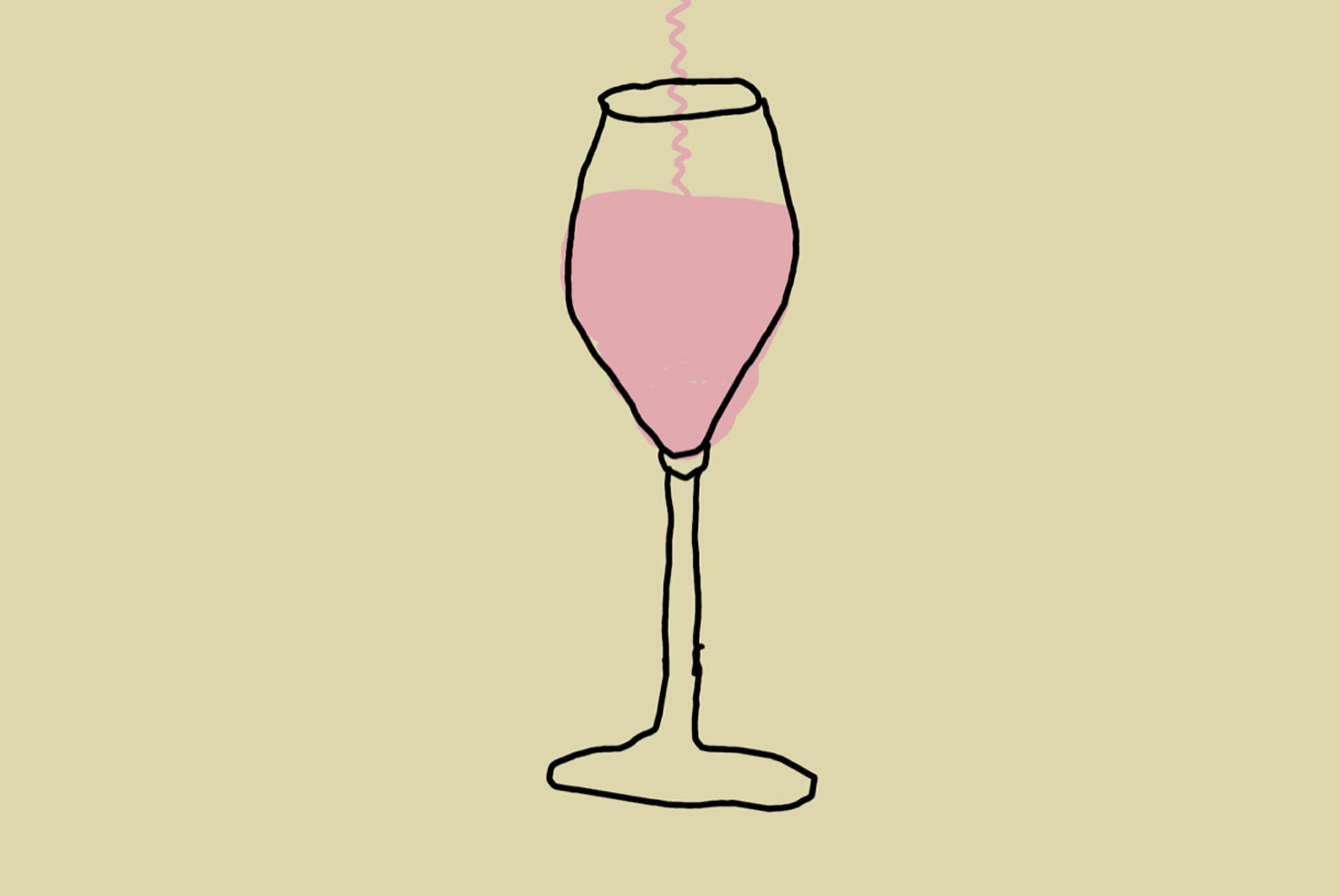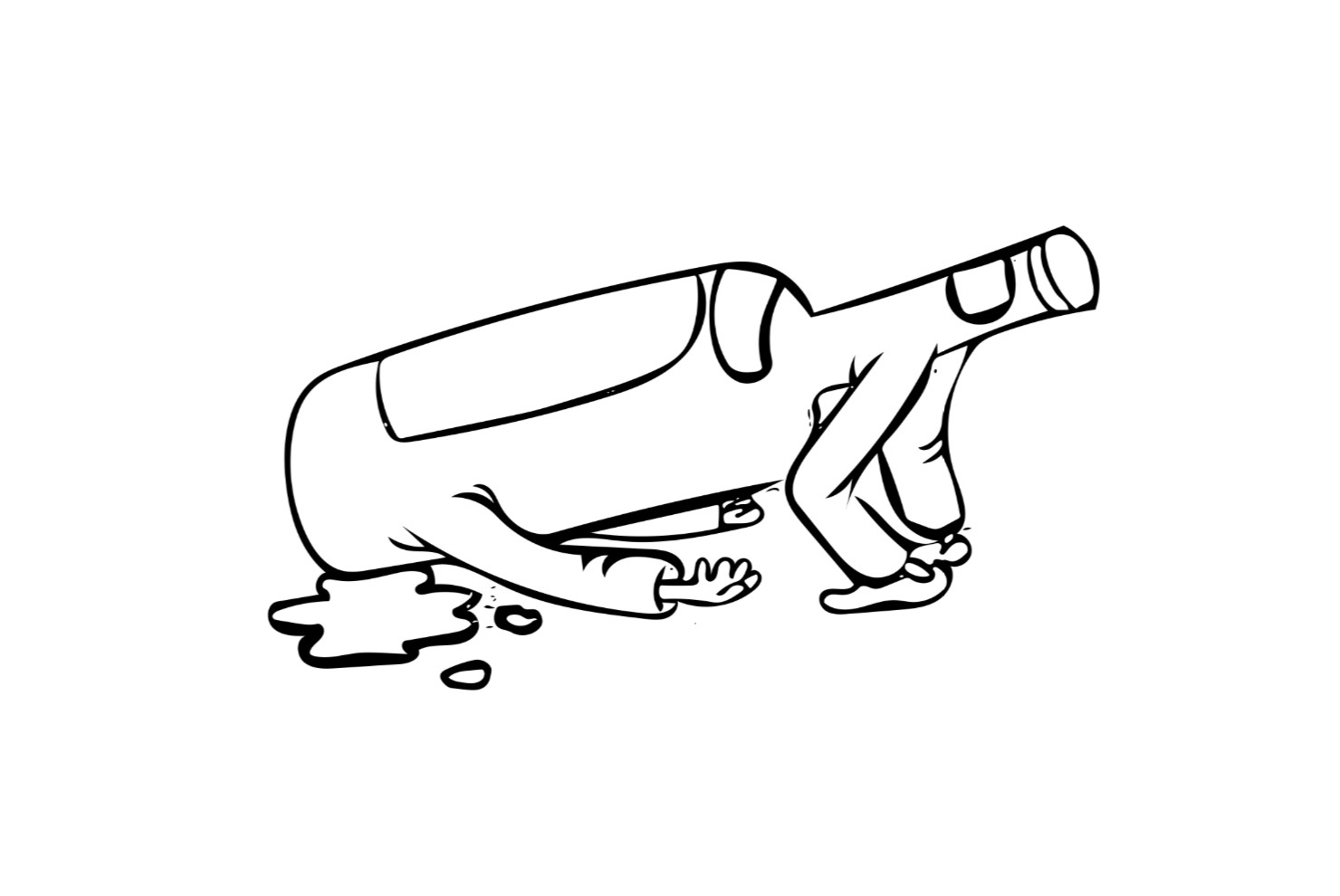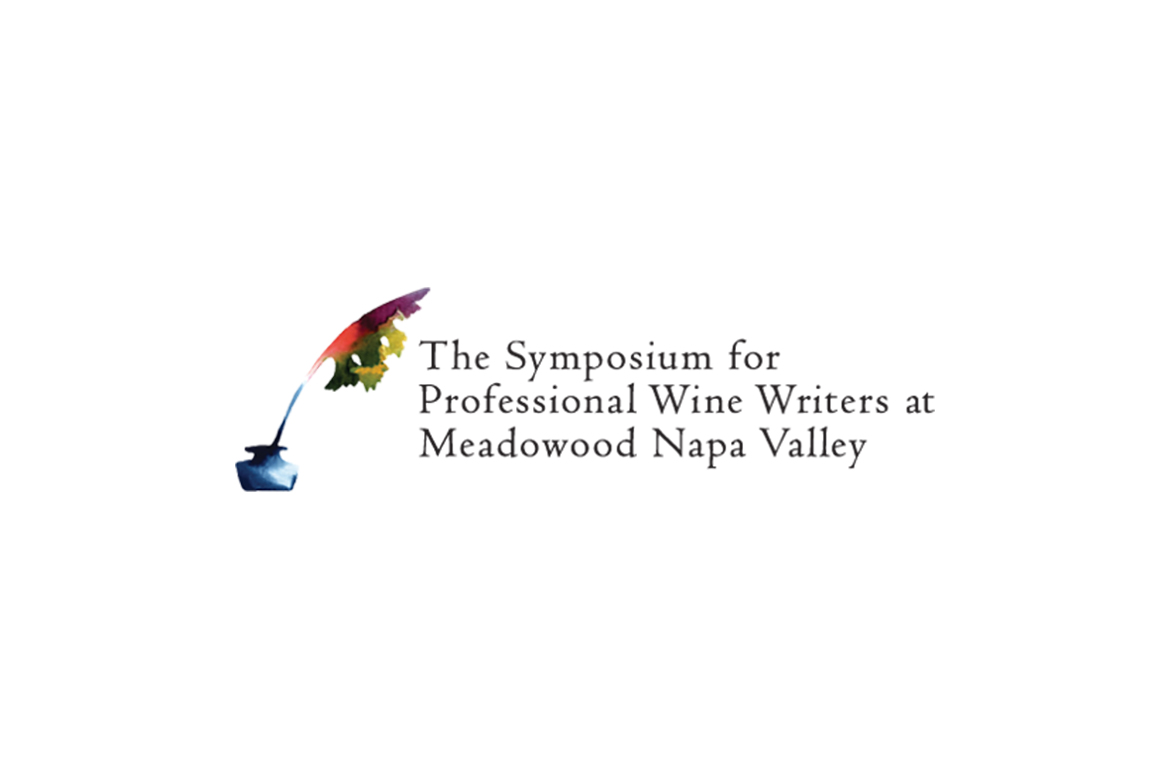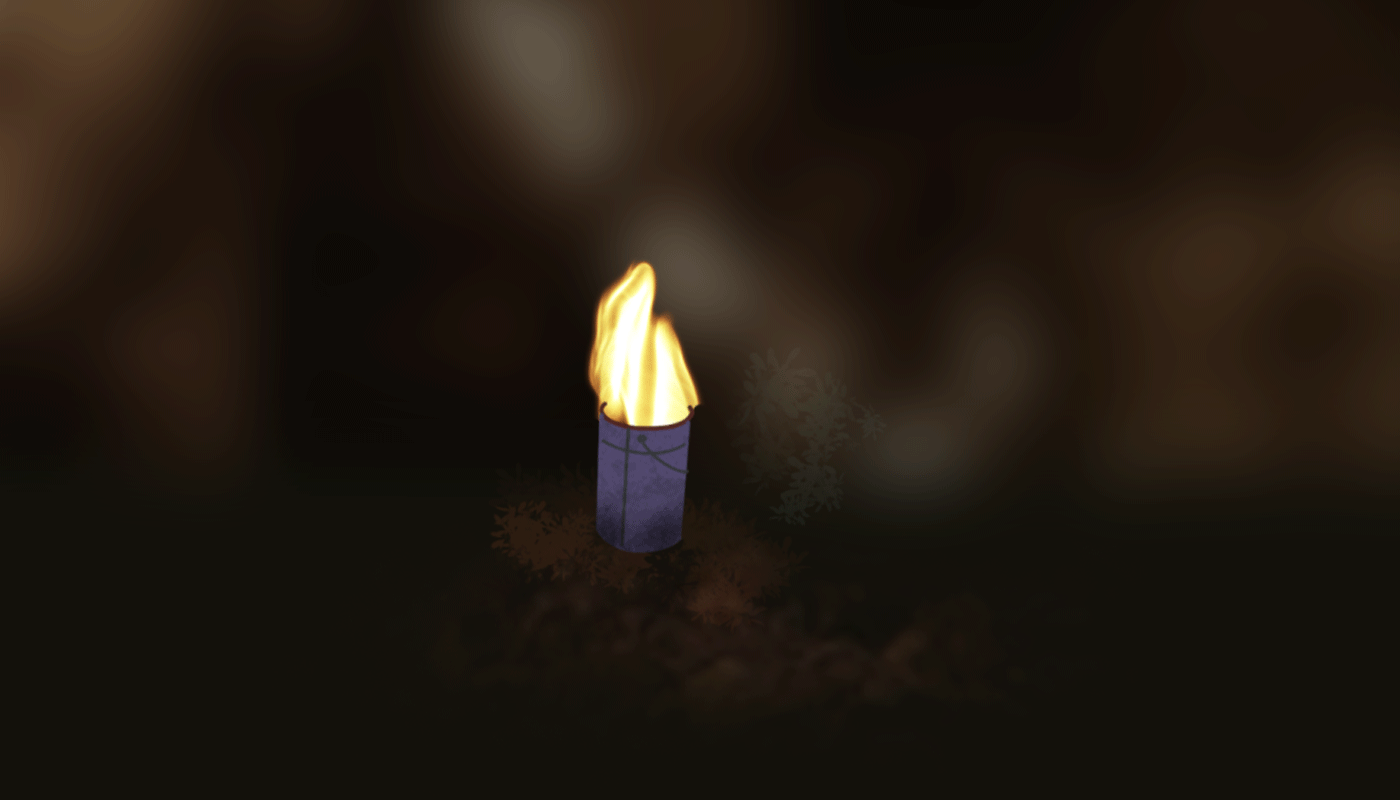It’s a blistering summer day in Portland, Oregon (or at least what passes for it here) and I’m about as nervous for an interview as I’ve ever been. They say don’t meet your idols, but today my appointment is with Alice Feiring, the James Beard Award winning author of books, articles, and digital content that has helped pave the way for what we know as natural wine today.
Or maybe “paved the way” isn’t the right turn of phrase; Feiring’s work, across books like The Battle For Wine And Love and Naked Wine, is in the same breath both predictive and prescriptive, a series of bold statements coming true. That first title, whose subheading is “Or How I Saved The World From Parkerization”, is a manifesto of sorts for today’s buzzy natural wine, and incredibly forward-thinking for having been published nearly a decade ago. My favorite of her books is the travel memoir/recipe diary hybrid For The Love Of Wine in which Feiring explores the idiosyncratic and moving wine culture of the Republic of Georgia. If you’ve ever asked about native yeasts, or feel uncomfortable at the mere mention of the University of California, Davis, you’ve got Alice Feiring to thank.
Her latest book (featured yesterday on this very website) is The Dirty Guide to Wine, out now from W.W. Norton and written in collaboration with Pascaline Lepeltier, of Manhattan’s Rouge Tomate. Feiring is in Portland on a whirlwind series of tastings, lectures, parties, and interviews, of which mine is but one humbly carved hour. She is no stranger to controversy and does not suffer fools, though I fear she’s suffered her share of foolish interviewers.
Palms sweaty, knees knocking, I descended down the staircase to Les Caves, the new “winery bar” from winemakers Jeff Vejr and John House. It’s cool and dark down here, and she arrives just a few moments after I do, dropped off by another wine writer. Someone leaves us a bottle of Cyril Zangs‘ “Ciderman” and two glasses, and I hit record on my phone.
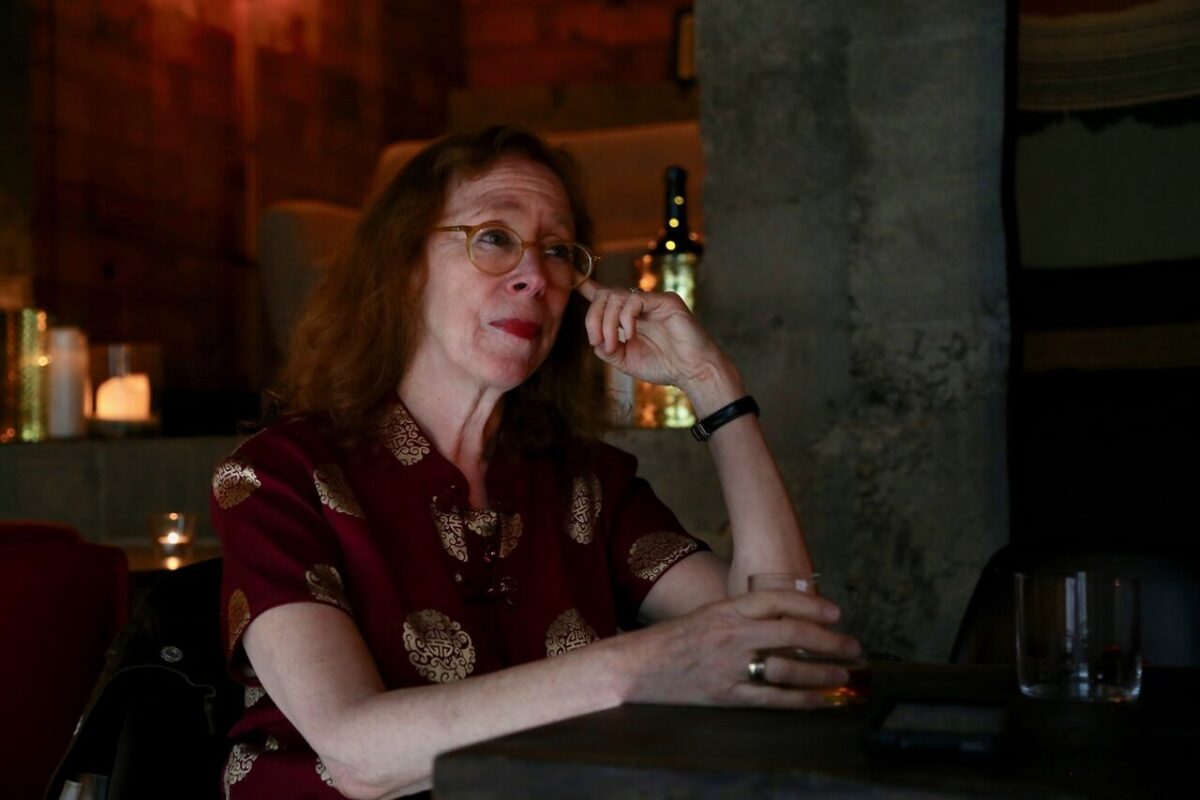
This interview has been edited and condensed for clarity.
Hello Alice Feiring, and thanks so much for making time for me. You’re here in Portland for a series of events, tastings, and talks—jam packed for a whole week. Is this typical for how you travel these days?
Probably not. Originally I was coming out to publicize the newsletter, and I might be doing more things like that around the country to publicize the newsletter. But the book just came out, so that’s the freshest and the newest thing to talk about. One could easily say that Portland is my launch city. I’ll do it again in the Hudson Valley and in Vermont in August, and then LA in the beginning of August, and from there we’ll see.
How was your event at Dame?
Dame was amazing. It was fascinating because it was truly a blend of people who are just coming into this wine world, and a bunch of winemakers. So where’s the balance? Who am I speaking to? I learned a lot—it was a blind tasting, “Dead or Alive”—a tasting of natural wines with three dead wine ringers thrown in, to show the difference.
It as kind of funny, beause I definitely learned a lot about how to present so people don’t feel stupid for liking some shitty rosé?
Did you have people at the tasting who liked the shitty rosé?
Well, no, not really. Most people there could tell that wine was so unnatural, there was really nothing there. But there were some people—and some winemakers among them—who did like the, for me, very very toxic Albariño I got at Whole Foods. And in a way it was unfair, because the new people would say, oh, “I smell basil, this could be Sauvignon Blanc”—people were looking for that identifiable comfort level. You know, it smelled like Sauvingon Blanc, but Albariño should smell nothing like Sauvignon Blanc.
It’s interesting that you picked up the industrial wine from Whole Foods. You’ve critiqued their wine program previously.
Yes, and you know, when we picked up the bottle here in Portland, there was a description on the shelf by the bottle written by their national wine buyer, who is the person I got into a bit of trouble with a few years ago down in Austin. So I knew it would be just perfect for this tasting.
You did a massive Oregon wine tasting here as well—any highlights?
Well, first of all, there were a lot of people there—maybe 45 people—and they were supposed to only bring one bottle of wine, but there were a lot of bottles of wine, so I couldn’t taste everything. But I have to say, there were some really lovely wines. Some I knew, some I didn’t know. Brianne Day‘s new releases are beautiful. Chad Stock‘s wines are living up to his promise. Doug Tunnell, his new single vineyard Gamay was quite memorable. And I liked the Fossil and Fawn Pinot Gris, and Jeff Vejr‘s Savignin Rose from Coury Vineyard.
There’s more. I can go back through my notes…
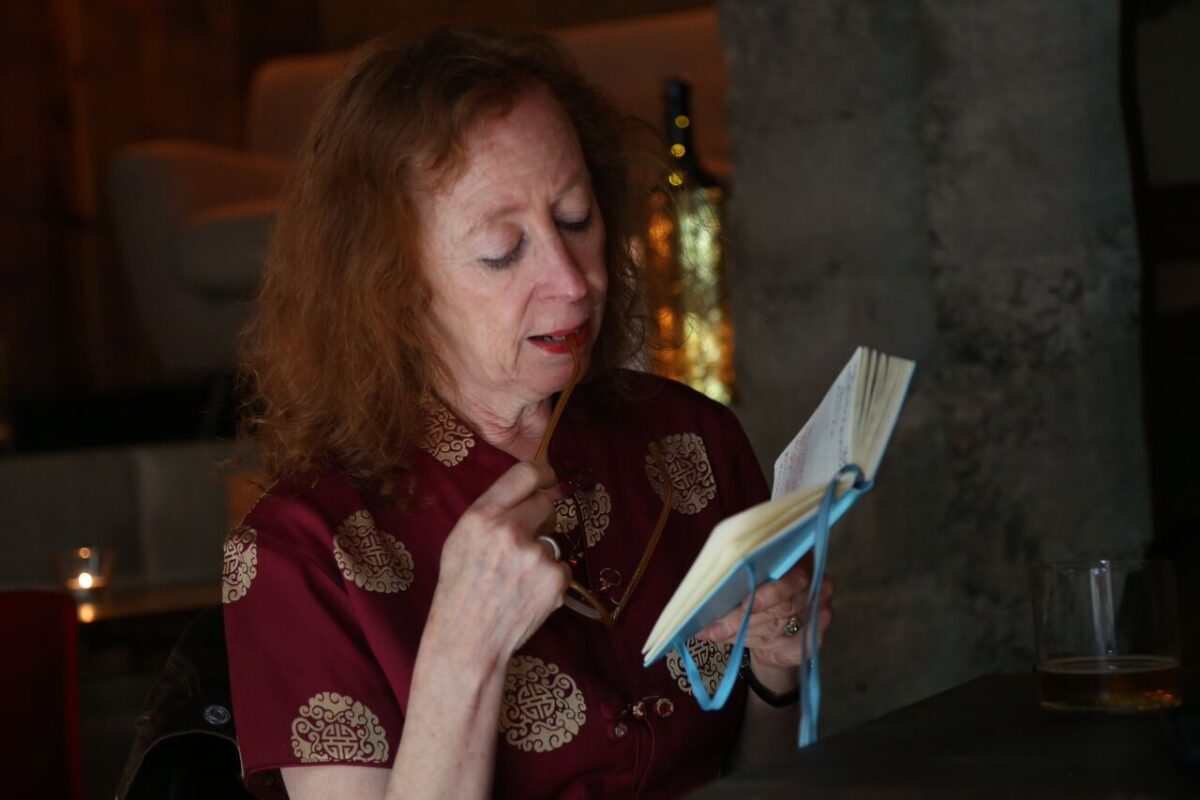
You’re based in New York—how many days a year are you traveling?
This year, a lot. Last year it was only 85, but this year, I think it was around 120 days. But I’m trying not to be away for three weeks at a time, and doing more shorter trips. It doesn’t always get to be that way, but this year I should be able to travel less, because
Is there anywhere you haven’t been yet that’s high on the list?
I want to go to Japan really bad. I’m super psyched to go to Japan. That has to be the next stop for me. There’s some interesting things happening wine wise, and the natural sake thing is just starting to take off. It’s slow, and really difficult because there’s not a lot of people really committed to it, but I really want to go see what’s there now.
Does any of that natural sake get brought in to the States?
It’s smuggled in. There’s some people in New York that are not allowed to tell you, but if you ask, you know… “Psst…”
There’s a quote from your co-author Pascaline Lepeltier in the introduction, where she says, “The only wines worth drinking are emotional”—would you care to expand or give your interpretation of what’s meant by that?
It comes out of my criteria of evaluating wine, where emotional impact is pretty primary. It’s another way of saying, the rules of attraction, you know. The only wines that are worth drinking are wines that transport you somewhere. And, of course, it doesn’t have to be deeply profound—it can be vin de soif and wine of joy.
You talk in your book about the “fighting varietals” marketing trend in the 80s, and I think it’s almost transgressive now for American wine drinkers, to think not about the grape but the soil, the region, because America is a culture of variety-driven wine labels. Do you think this will change? Do you hope it will?
I am totally advocating walking back from that. You have to take an extreme approach to bring people back to sanity. You break the pencil to reinvent the writing instrument. The fact of just, you go into a bar, and you say, “I’ll take the Malbec,” and you’re given a Loire Valley Côt—this has nothing to do with the wine I ordered. People have so bought the marketing mantra of buy the grape they have totally lost the fact that milk comes from a cow’s udder. I’ve always been against the thing of dumbing down wine, dumbing down opera, dumbing down literature—this is my way of trying to get people back to thinking about place. There will always be wine by beverage, but then there are wines that are for those of us who are totally smitten by the cultural aspect of it.
There’s a quote from your website—it’s from the jacket of your first book, actually—that I think is brilliant. You say, “I want them natural and most of all, I want them to speak the truth even if we argue.”
Are you talking about what sometimes gets referred to as “flaws” in wine? Is this a way of saying, “Even if I don’t like this wine, I love what it stands for?”
It’s basically to say, there are some wines that you don’t understand. But it’s friendly to have a political debate—though I’ve yet to find a person who could convince me about the Trump thing and the current government. Or think of it like, there are many times you get into an intellectual argument about authors. One of my literary gods is Phillip Roth and some people can find him completely misogynist, which is something that I just don’t buy, or don’t care about when it comes down to an ability to create a body of work.
Many of our readers at Sprudge Wine are new wine drinkers, and the publication itself is quite new. How do we avoid becoming like what you warned about in your article “Kawaii Cute: The Problem With Natural Wine Today?” Is it as simple as, you know, read The Feiring Line and go to the good wine fairs? Is it a 10,000 hours thing?
I think one of the things that’s the hardest to do is ask questions and don’t worry about looking foolish. One has to forgive themselves and embrace newness and asking questions—not “what grape is this” necessarily, but more like, “There’s a taste here that I don’t quite understand, can you help me?”
You don’t have to pretend. I think we all get into trouble when we start to pretend, in anything. And I believe that wine and the people involved in wine are amazingly generous with their knowledge.
You’ve written recently about natural wine in Burgundy, which is fascinating. The region has this sort of incredibly expensive, cruel reputation—”Heartbreak Hill” as McInerney calls it—but then there’s all this lovely natural stuff that’s comparatively affordable. How can this be?
There is a blip in which natural Burgundy is far more affordable, collectible, accessible, and just so fucking open. And most of them will be immediately ready to drink. Winemakers like Jane et Sylvain, Claire Naudin, Chandon de Briailles, de Moor and many more.
Are we still in the blip?
Yes. Very few people are dealing with the Grand Cru sites, which means they aren’t being reviewed by Bruce Sanderson, etc. He doesn’t know the natural wine guys at all. Those are secrets, and for the time being may they stay secret.
I want to ask about your book before this one, For The Love of Wine—it’s a wonderful primer for Georgian wine and reading it has helped me appreciate these wines so much more. But what stuck with me from that book was how personal it is. Was it your goal to fuse personal writing with wine writing for this book? Was it beyond your control?
Beyond my control. I had an editor who said, “Either the personal stuff needs to come out completely, or you need a lot more of it.” And so there’s quite a bit of personal in that book. This current book is the first non-narrative book that I’ve written, which is why it’s my least favorite book, and I didn’t really enjoy writing it. I’ve never heard a writer confess that, but I’m fessing up to it.
You talk about how winemakers in Georgia are vulnerable to winemaking consultants coming in and pushing for more international styles. With the increased Western interest in Georgian wine, is this changing?
No, it hasn’t. Georgia is a very varied wine world, and while the people who work naturally are solid— they have grown in incredible numbers—where there’s money, the oenological products will follow.
In beverages like wine and coffee, there’s been a lot of recent behind the scenes business moves—bigger brands acquiring smaller brands. Do you see this as something that could happen in natural wine? An estate buys up the natural guys in the neighborhood, or launches their own “natural” sub-brand?
I think the next thing that happens in natural wine is, yes, big companies will have their natural wine line. It might be Gallo buying up small places that still have their integrity but are now owned by Gallo. Because so few natural winemakers own their own land, I think the not owning your own land is a big part of it. But do I see Hank Beckmeyer from La Clarine being bought out because the name is so valuable? I don’t see that. Maybe in another 30 years, or maybe even 15.
But the next thing is that Gallo or someone will have their own brand with the phrase on the bottle, “natural wine.” Every winemaker is doing their natural wine experiment right now, the same way people have experimented with biodynamics.
When it happens, it’ll be about the mid-market. Mondavi will come out with a $30 “natural wine” on the bottle so they start aligning. It’ll be important for some people who want the respect of the more sophisticated client.
What the hell, in your view, is going on at the Times? Your takedown of Bianca Bosker’s piece is marvelous, but it’s juxtaposed with stuff like Azimov’s “Wine Is Food”, which feels *so* important right now and should win awards. So what’s the deal?
As you can imagine, the editorial staff in the op-ed page doesn’t take into account anything else going on. Eric had no idea, he wasn’t consulted, and he was as taken aback as anybody else, which is why he had to immediately distance himself with a tweet as soon as it ran.
This was not a reflection of his philosophy, his writing, his standpoint. On the op-ed page, it’s possible that Bosker’s publisher pitched it. And they did a significant job. The idea is to be controversial, and politically they’ve run a few pieces like that.
So that’s what’s happening at the Times. There’s separation between church and state in the dining section and editorial sections. But unfortunately they probably blew the wad on that in editorial, so it would be difficult to get more wine writing into the op-ed page. And it’s so unfortunate because the writer’s ethics were so called into question by that piece, and a lot of us were horrified that she was on a press trip and a paid spokesperson. It seemed like there wasn’t due diligence done on her background.
It’s shocking to read it, but then to have the background on it, from an outside perspective, it’s like—how did this happen? You wonder why they didn’t retract it.
They should have. They should have said, “oops, sorry,” but as I pointed out in my piece, it’s shocking that you’re somebody who will say whatever you need to do to sell books. Because the opinion in that op-ed is not what’s reflected in her book.
Do you think you’ll ever publish a book of personal writing, informed by wine of course but perhaps not focused on it?
Yeah, I do. I don’t want to write any more wine books. I’m working on a novel and have a couple of other things, including a collection of sensorial essays.
Why, may I ask, no more wine books?
People don’t read them. People don’t buy them. I think that wine writing has affected my writing negatively and right now I want to go back and spend time with my craft.
You’ve been sentenced to death and it’s your last meal: what shall you order? With which bottles?
I’m getting more than one bottle obviously.
Of course!
I want absolutely the most beautiful heirloom tomatoes I could possibly get. I want some really good salt, and I want some really beautiful vinegar, and some kick-ass bitter olive oil, and maybe some Georgian sunflower seed oil, and a little bit of hot sauce. And then I want some…let’s see…how will I have white truffles…more white truffles than I could possibly eat, and then I want a really basic but delicious cheese—Epoisses or something like that, or a +7-year-old cheddar that would be good with wine.
I would like to revisit the 1955 Hospices de Beaune Volnay 1er Cru Cuvée Blondeau, made by Camille Giroud. This wine is the single most amazing Burgundy I’ve ever had and I want to see if it’s still good. I would also love to revisit the first Barolo I was charmed by to see if it was good, the Scanavino 1968. And while we’re talking about Barolo, the second most beautiful Barolo I’ve had was the glorious 1955 Cappellano, so let’s add that.
I’d like to see all my old friends, basically, but I would still have the ability to drink a couple more bottles…so certainly Iago’s Wine, the 2011 from Kartli, I cannot possibly leave the world without some. Also a 2002 Clos Roche Blanche Côt, and I think three different vintages of Jules Chauvet’s wines. There’s going to be more…
You can share with the jailers!
Good, because I’ve got to have some Champagne as well.
Jordan Michelman is a co-founder at Sprudge Media Network. Read more Jordan Michelman on Sprudge Wine.
Photos by Zachary Carlsen for Sprudge Wine.
Special thanks to the team at Les Caves for their hospitality.



